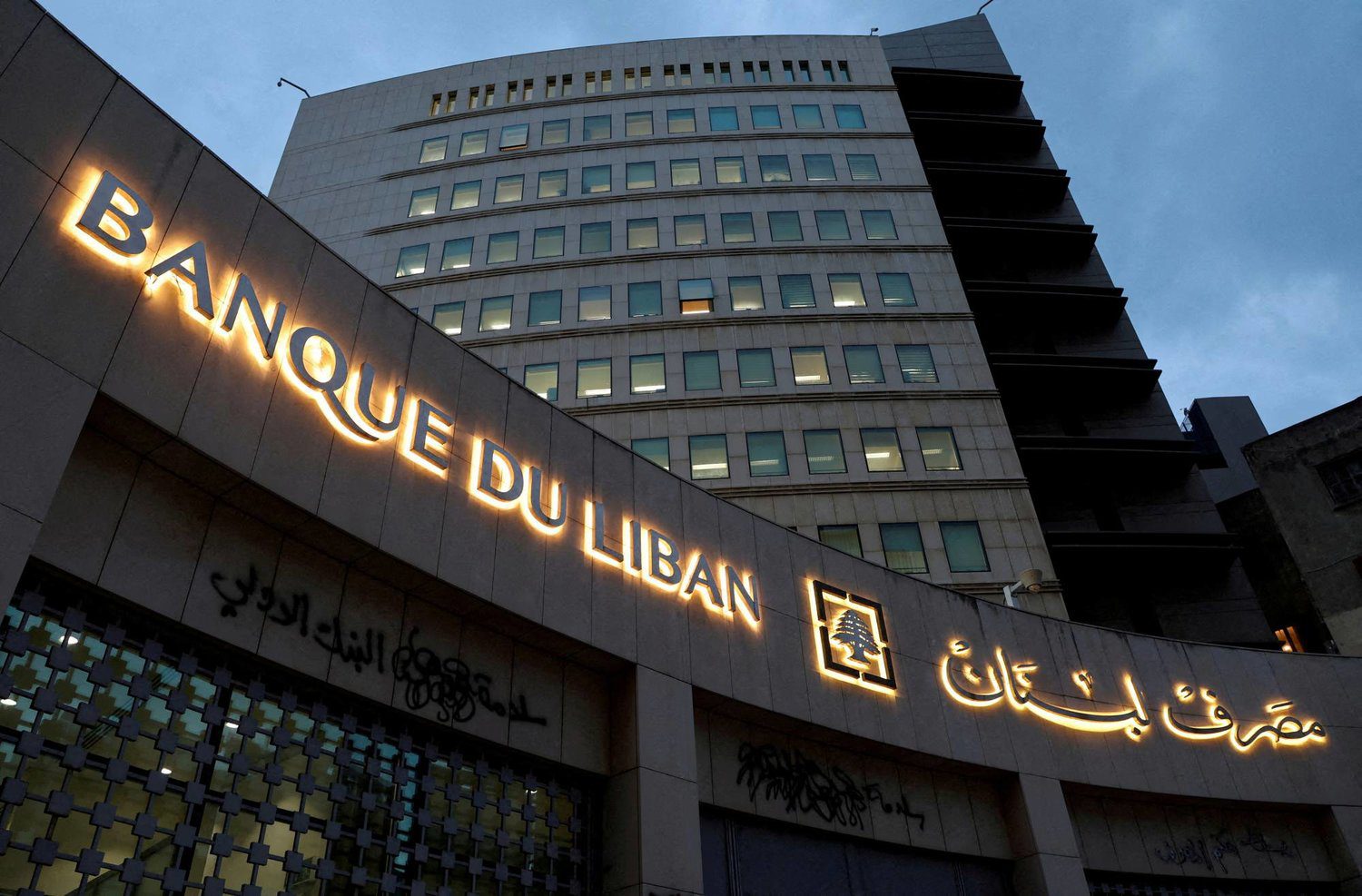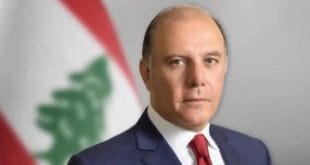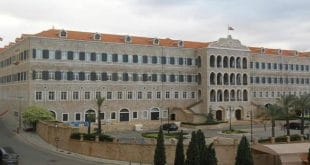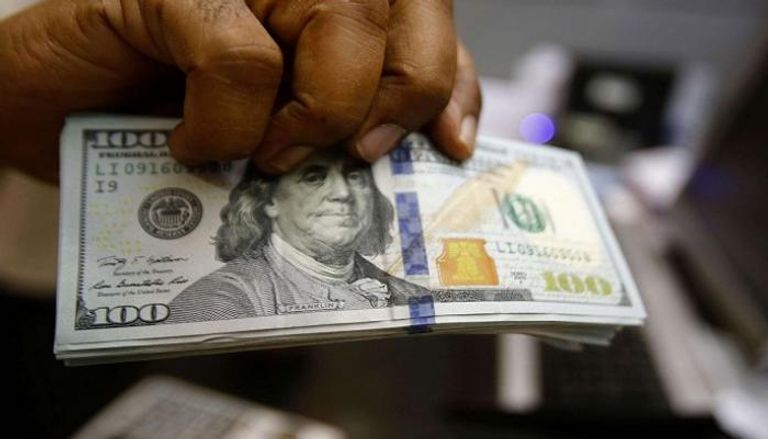جباعي: مصرف لبنان يملك قدرات السيطرة على السوق
يعيش اللبنانيون استقرارا في سعر صرف الدولار، على الرغم من أن هذا الإستقرار لم ينعكس على أسعار السلع والخدمات في لبنان، التي تستمر في الارتفاع شيئا فشيئا من دون حسيب ولا رقيب، وسط خشية من عودة ارتفاع العملة الخضراء، مع اتساع دائرة الحرب بين العدو الإسرائيلي وحزب لله في لبنان،بالرغم من جهود حاكم مصرف لبنان بالإنابة لكي تبقى حالة الإستقرار هذه تحت السيطرة،ولكن هل هناك خشية من ذلك واقعياً؟
الخبير الإقتصادي محمود جباعي يوضح في هذا السياق بأن كل ما يحكى حول انهيار سعر صرف الليرة مقابل الدولار هو غير صحيح على الإطلاق،ومصرف لبنان لا يزال يملك كل القدرات للسيطرة على الوضع النقدي،فالكتلة النقدية بالليرة تحظى بإدارة مالية من قبل مصرف لبنان بالتنسيق مع وزارة المالية.
ويؤكد أن الكتلة النقدية المتوفرة في السوق يستطيع أن يشتريها مصرف لبنان بحدود الـ 700 مليون دولار كحد أقصى،علماً أنه ليس بحاجة لهذا المبلغ ليشتري جميع هذه الكتلة،وكما بات معلوماً فقد زاد احتياط مصرف لبنان عند استلام حاكم مصرف لبنان بالإنابة وسيم منصوري لحد الآن 2 مليار دولار تقريباً.
ويكمل جباعي:»بأن الإحيتاطي اليوم لدينا يصل إلى نحو الـ10 مليار و500 مليون دولار تقريباً،وبالتالي مصرف لبنان اليوم من الناحية النقدية يستطيع السيطرة على الكتلتين النقديتين سواء بالليرة أو بالدولار أو بالدولار،طالما أنه في الليرة الكتلة تصل إلى الحد الأقصى وهو 60 ألف مليار وتعود وتنخفض إلى الـ60 ألف مليار،ولكن سعرها الكامل هو 700 مليون دولار كد أقصى.
ويذكَر بأن مصرف لبنان أصدر تعميماً بتقاضي للمودعين وفقاً للتعميم 166،و158 وضخ ملبغ حوالي 200 مليون دولار في السوق فضلاً عن رواتب القطاع العام الذي يؤمنها مصرف لبنان بالشهر من السوق بقيمة 120 مليون دولار تعطى للموظفين من دون أن ننسى أيضاً التحويلات الآتية من الخارج التي تدخل إلى لبنان بين الـ 500 إلى 600 مليون دولار بالشهر.
ويؤكد على أنه لا توجد مشكلة في موضوع توفر الدولار في البلد،وكل الكلام الحاصل عن انهيار في سعر الصرف هو محاولة لإثارة البلبلة من بعض الصرافين غير الشرعيين التي تلاحقهم القوى الأمنية بطلب من مصرف لبنان،وبالتالي لا توجد مشكلة تتعلق بتوفر الدولار من عدمه كما يتم الترويج لها،لذلك لا توجد مشكلة فيما يتعلق بسعر الصرف ولفترة طويلة من الزمن حتى لوم تم وضع لبنان في اللائحة الرمادية.
ويلفت إلى أن حاكم مصرف لبنان بالإنابة وسيم منصوري في إجتماعاته التي يعقدها في أميركا،قام بتأسيس «لوبي» يضم وزارة الخزانة الأميركية،ونواب من الكونغرس الأميركي ومجموعة العمل المالي والدولي واستطاع من خلال الإتصالات التي أجراها إلى تأمين 6 مصارف مراسلة للإستمرار بالتعاطي مع مصرف لبنان في المرحة القادمة.
ويختم الجباعي:»من الواضح أن حكومة تصريف الأعمال ووزراة المال تتصرف بتماهي تام مع مصرف لبنان،من خلال الضبط في الكتلة النقدية بشكل متوازن عبر تحصيل إراداتها «بالليرة» من الشركات والمؤسسات،وتدفع رسوم وضرائب جمركية وفي نفس الوقت تقوم بتخفيض نفقاتها بشكل متوازن مع هذه الكمية لذلك أصبح لدينا توازن في الكتلة النقدية،وطالما لا يوجد هناك طباعة أو زيادة في الكتلة النقدية فلا توجد أي إمكانية لإنهيار سعر الصرف،ويجب علينا أن لا ننسى بأن البلد هو «مدولر» لذلك كمية الدولارات المتوفرة في السوق هي مساهمة لتعزيز مرحلة الإستقرار النقدي التي نعيشها لذلك لا يوجد أي خوف على الليرة خلاف لما يشاع لأن مصرف لبنان لديه القدرة النامة للسيطرة على السوق».
المصدر: عبد الرحمن قنديل – اللواء
Jebaii: The Central Bank of Lebanon Has the Ability to Control the Market
Lebanese citizens are experiencing a level of stability in the exchange rate of the dollar, yet this stability has not reflected on the prices of goods and services, which continue to rise gradually without oversight. Concerns are growing over a possible resurgence in the dollar's value amid the escalating conflict between Israel and Hezbollah in Lebanon. Despite the efforts of the Acting Governor of the Central Bank of Lebanon, Wassim Mansouri, to maintain this stability, questions remain about the reality of these concerns.
Economic expert Mahmoud Jabali asserts that claims regarding the collapse of the Lebanese lira against the dollar are entirely unfounded, emphasizing that the Central Bank of Lebanon retains all necessary capabilities to control the monetary situation. The money supply in Lebanese lira is managed under the supervision of the Central Bank in coordination with the Ministry of Finance.
Jabali explained that the Central Bank can purchase the available money supply in the market for about $700 million at most, noting that it does not need such an amount to buy all of this supply. The bank's reserves have reportedly increased by approximately $2 billion since Mansouri took office.
He pointed out that the current reserves are around $10.5 billion, indicating that the Central Bank is in a position to manage both the Lebanese lira and the dollar as long as the monetary supply in lira reaches a maximum of 60 trillion. Jabali also mentioned that the Central Bank issued a directive allowing depositors to withdraw according to circulars 166 and 158, injecting about $200 million into the market, in addition to securing monthly public sector salaries of $120 million.
He also noted that foreign remittances entering Lebanon range between $500 to $600 million per month, ensuring the availability of dollars in the market. He argued that the rumors surrounding the collapse of the exchange rate are attempts to create confusion by certain illegal money changers who are being pursued by security forces at the request of the Central Bank.
Jabali highlighted that Wassim Mansouri has established a “lobby” in the United States that includes the U.S. Treasury, U.S. congressional representatives, and the Financial Action Task Force, which has enabled him to secure six correspondent banks for continued interaction with the Central Bank in the coming phase.
In conclusion, Jabali stated that the caretaker government and the Ministry of Finance are working in complete harmony with the Central Bank, maintaining a balanced monetary supply by collecting revenues in lira from companies and institutions while reducing expenditures in line with this quantity. This has resulted in a balance in the money supply, and as long as there is no printing or increase in the money supply, there is no potential for a collapse in the exchange rate. He emphasized that Lebanon is “dollarized,” and the amount of dollars available in the market contributes to the stabilization of the monetary phase we are currently experiencing. Thus, there is no fear for the lira, contrary to widespread beliefs, as the Central Bank has the growing capacity to control the market.
Translated by economyscopes team
 سكوبات عالمية إقتصادية – EconomyScopes إجعل موقعنا خيارك ومصدرك الأنسب للأخبار الإقتصادية المحلية والعربية والعالمية على أنواعها بالإضافة الى نشر مجموعة لا بأس بها من فرص العمل في لبنان والشرق الأوسط والعالم
سكوبات عالمية إقتصادية – EconomyScopes إجعل موقعنا خيارك ومصدرك الأنسب للأخبار الإقتصادية المحلية والعربية والعالمية على أنواعها بالإضافة الى نشر مجموعة لا بأس بها من فرص العمل في لبنان والشرق الأوسط والعالم




